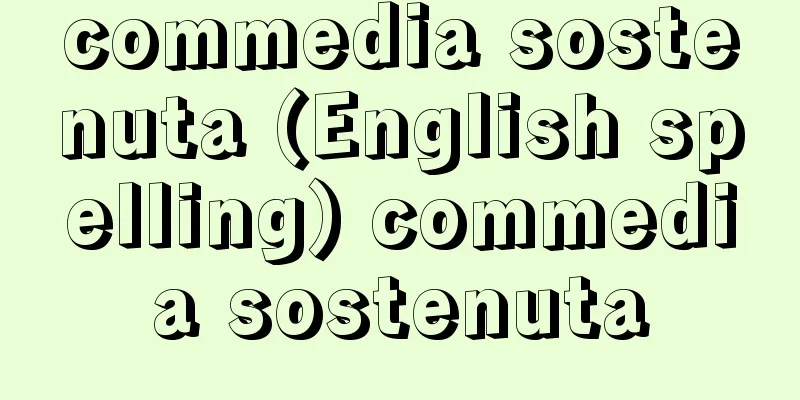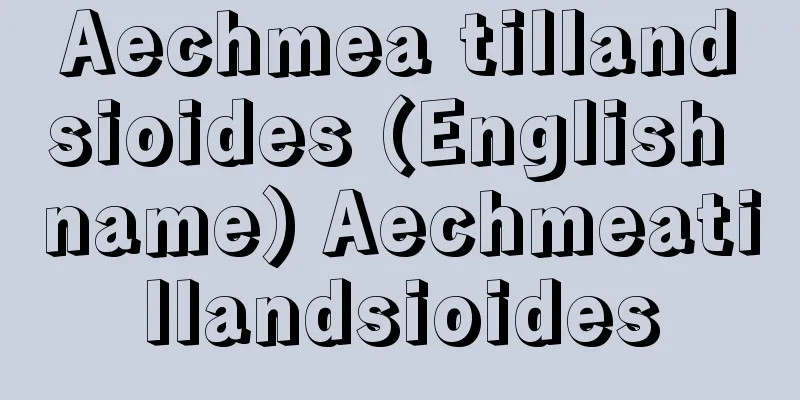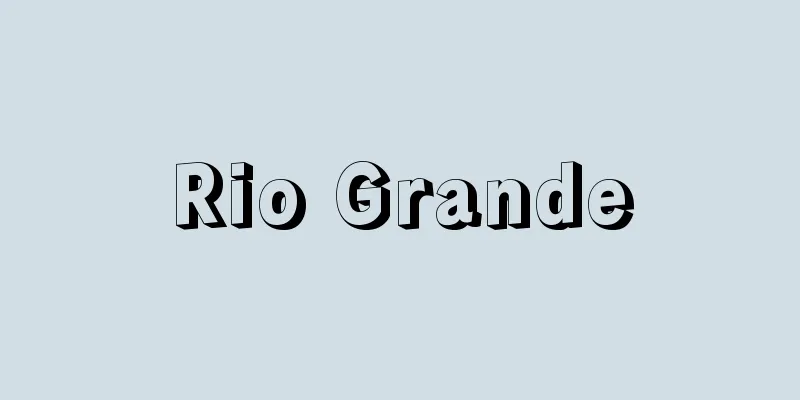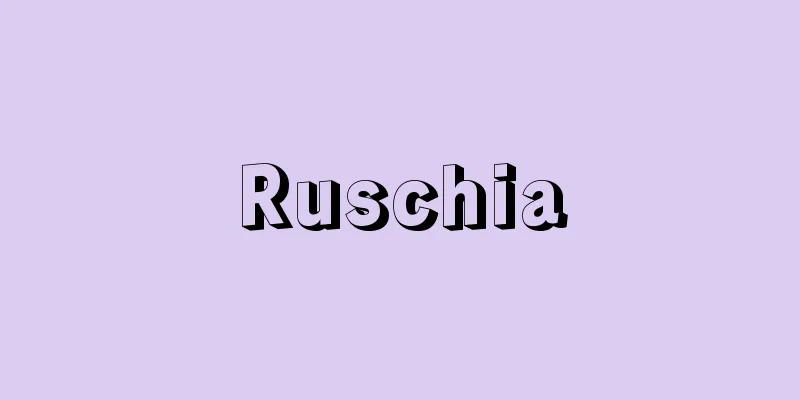Rizal - José Rizal (English spelling)
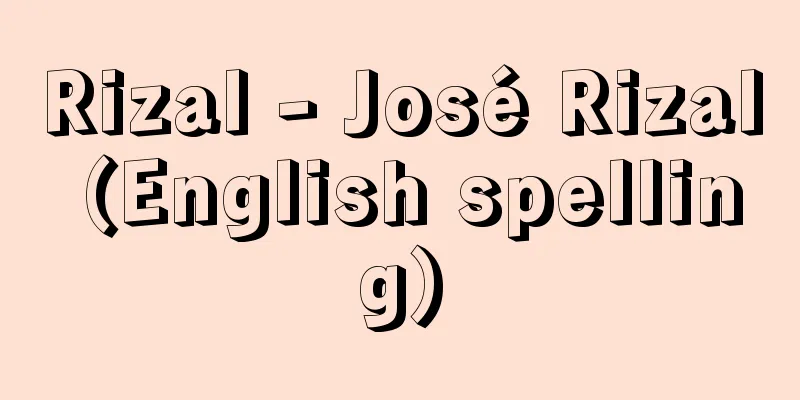
|
Philippine national hero. Born into a wealthy family of farmers who rented land in Calamba, Laguna. After studying at the Ateneo de Manila and the University of Santo Tomas in Manila, he studied medicine and classical literature at the Universidad Central de Madrid in Spain in 1882. During his time abroad, he was inspired by European liberal ideas and called on fellow students to start a movement to reform the Spanish governance of the Philippines. He initially devoted himself to the movement to encourage the Spanish government to reform the colony through his novel Noli Me Tangere (1887) and essays published in the movement's organ, Solidaridad. However, after returning to the Philippines in 1887, he organized a movement against the increase in rents on the monastic estates of his hometown, Calamba, but the movement was thoroughly suppressed by the authorities, forcing him to flee the country. After this experience, he came to embrace a radical ideology that revolution was inevitable under certain circumstances, and published his second novel, Rebel (1891). At the same time, rather than engaging in public speaking activities aimed at the Spanish government, he began to devote himself to the task of fostering national consciousness among the Filipino people themselves. In June 1892, he returned to the Philippines again, prepared to risk his life, and on July 2nd he founded the Philippine National League, but was arrested within a few days and exiled to Dapitan Island. When the Philippine Revolution broke out in August 1896, he was suspected of being a revolutionary instigator and executed on December 30th. [Ikebata Yukiura] "Noli Me Tangere" by Jose Rizal, translated by Iwasaki Gen (1976/1986, Imura Bunka Jigyosha) " "Rebellion, Violence, Revolution - El Filibusterismo" by Jose Rizal, translated by Iwasaki Gen (1976, Imura Bunka Jigyosha) [References] |Source: Shogakukan Encyclopedia Nipponica About Encyclopedia Nipponica Information | Legend |
|
フィリピンの民族的英雄。ラグナ州カランバ町の富裕な大借地農の家庭に生まれる。マニラのアテネオ・デ・マニラ学院、サント・トマス大学で学んだのち、1882年スペインのマドリード中央大学に留学、医学と古典文学を修めた。留学中、ヨーロッパの自由主義思想に触発され、同胞の留学生らに呼びかけて、スペインのフィリピン統治改革運動を開始した。彼は初め、小説『ノリ・メ・タンヘレ』(1887)や運動の機関紙『団結』紙上に発表した評論などを通じて、スペイン政府に植民地改革を促す運動に専念したが、1887年に帰国して郷里カランバ町で組織した修道会所領の地代値上げ反対運動が、当局の徹底した弾圧を受け、彼は国外脱出を余儀なくされるという事態を経験して以後、状況によっては革命もやむなしとする急進的な思想を抱くに至り、二番目の小説『反逆』(1891)を公にした。同時に、スペイン政府に向かってする言論活動よりも、むしろフィリピン人自身の間に民族的自覚を育成する仕事に専念するようになった。1892年6月決死の覚悟で再度帰国、7月2日「フィリピン民族同盟」を結成したが、数日にして逮捕され、ダピタン島へ流刑された。1896年8月フィリピン革命が勃発(ぼっぱつ)すると、革命扇動者の容疑を受け、12月30日処刑された。 [池端雪浦] 『ホセ・リサール著、岩崎玄訳『ノリ・メ・タンヘレ』(1976/1986・井村文化事業社)』▽『ホセ・リサール著、岩崎玄訳『反逆・暴力・革命――エル・フィリブステリスモ』(1976・井村文化事業社)』 [参照項目] |出典 小学館 日本大百科全書(ニッポニカ)日本大百科全書(ニッポニカ)について 情報 | 凡例 |
>>: Lissajous figure - Lissajous figure (English spelling)
Recommend
Eisanji Temple
This Shingon sect temple is located in Kojimacho,...
Squid fishing machine - Ikatsuriki
… [Fisheries] Many squid species have a strong ph...
Aida [town] - Aida
A former town in Aida County, eastern Okayama Pref...
Buckleya distichophylla (English spelling)
… [Ken Ogata]. . … *Some of the terminology that ...
Tribune - tribunus plebis (Latin)
The leader of the plebeians in ancient Rome, late...
Cheribong - Cheribon (English spelling)
Former name of the city of Cirebon on the northwe...
Blue and white salt (English: qing bai yán)
Salt extracted from inland lakes in the dry inland...
Izumikizu
… [Matsubara Hiroshi] [history] Located on the so...
Stamp office - stamp office
...There are two economic conditions that could b...
Minamoto no Shitagou
A poet and Chinese scholar from the mid-Heian per...
Akihide Mishina
1902-1971 An ancient history scholar from the Sho...
Bölsche, Wilhelm
Born: January 2, 1861 in Cologne [died] August 31,...
Mount Kamon
...At the summit is an elliptical caldera that is...
puṇya (English spelling) punya
… [Kenji Shimada] [India] The word "Zen"...
Okutadami Power Plant - Okutadami Hatsudensho
...There is a small amount of flat land along the...
